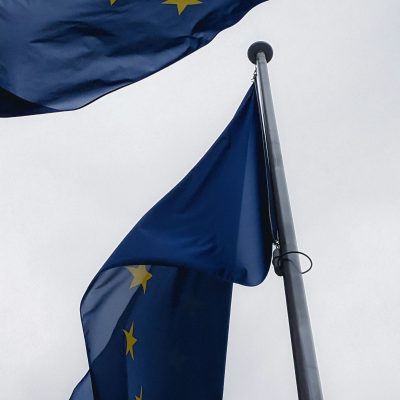Blog post
26/01/15Tsipras is not Midas: a break in continuity?

Syriza’s clear win in the general election on Sunday 25 January can be interpreted as an unmistakable rejection of the policies pursued in Athens under the aegis of the EU and of the IMF over the last five years. This democratic event opens a new phase in relations between Greece and “Brussels”, a phase which is unlikely to mark a break but rather a change of course – a shift whose extent is going to depend chiefly on developments in Athens’ relations with its creditors.
Yves Bertoncini takes a stand in this Tribune based on three considerations:
- Dispensing with the Troika also means going back to the money markets
- The need for a constructive dialogue between Athens and the EU
- Syriza’s win does not herald a European “revolution”




